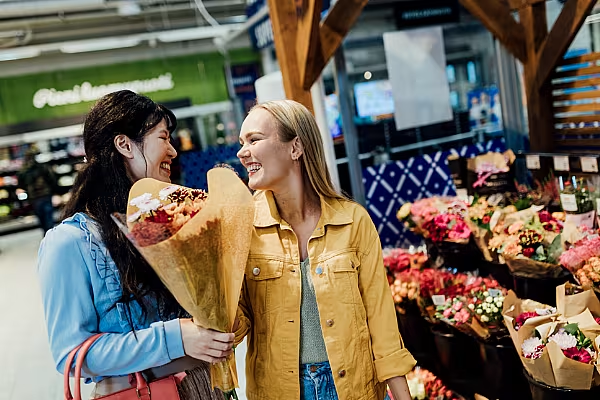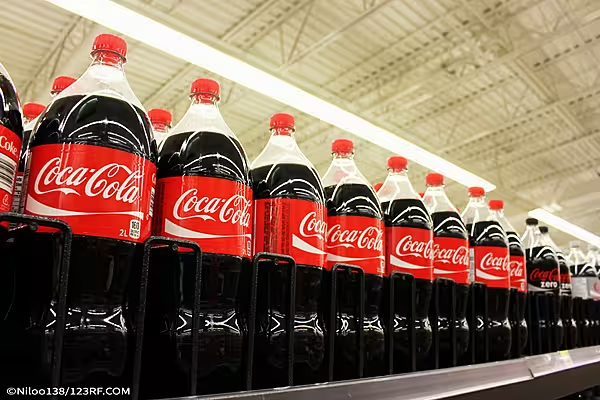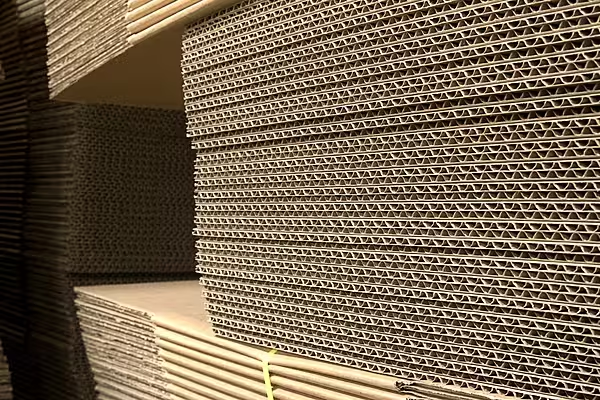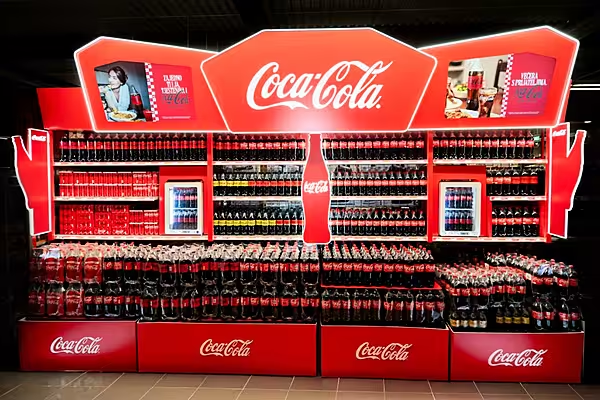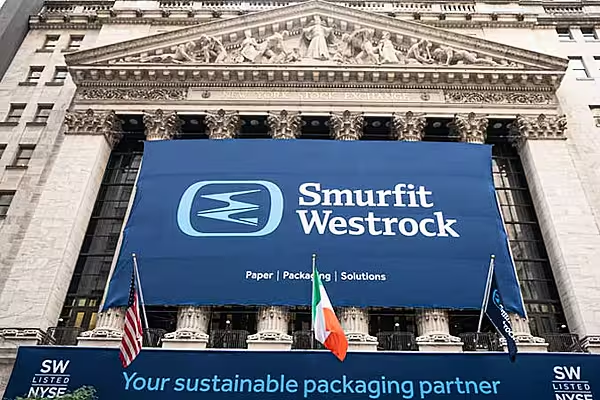Finnish consumers perceive bio-based packaging as the most environmentally friendly packaging option, but only a few find terminologies associated with it easy to understand, a new survey from K Group has revealed.
K Group's director of responsibility in the grocery trade, Timo Jäske, explained, “Bio-based, biodegradable and compostable are easily mixed, although they are not interdependent.
“It is not yet clear to most consumers that bio-based packaging is not always biodegradable.”
The study, conducted by K Group's customer community in K-Kylä in September of this year, involved 1,237 respondents across Finland.
Cardboard and paper (86%) and bio-based and biodegradable plastics (62%) topped the list when consumers were asked about the best packaging materials for the environment, K Group added.
'Choice Of Packaging Material'
Jäske continued, “The main function of packaging is to protect the product, therefore the characteristics of the product have a significant effect on the choice of packaging material.
“For example, in the case of food, the right kind of packaging protects the product so that it is preserved and ends up being edible. Food waste is a much bigger environmental nuisance than packaging - packaging accounts for only a few percent of food's climate impact.”
In recent years, more and more products have incorporated bio-based packaging made from raw materials of renewable origin, driven by factors related to the environment and natural resources, legislation and growing consumer expectations.
Therefore, it is important that terms and properties associated packaging materials become familiar to consumers and that they can be sorted correctly.
Sorting
The survey also revealed that almost half of the respondents (43%) consider the correct sorting of packaging to be more important than packaging material.
K Group plans to add simple instructions to the packaging of more than 3,000 Pirkka, Pirkka Best and K-Menu products in order to make sorting as easy as possible.
Jäske added, “No packaging, not even compostable, belongs to nature. It is important to remember that each of us can minimise the environmental impact of packaging by sorting it correctly - household waste is a valuable raw material for new products.”
Kesko reported strong third-quarter performance last month, in which net sales increased by 7.8% to €2.9 billion, boosted by the 'successful implementation of [its] growth strategy' and a 'positive market situation'.
© 2021 European Supermarket Magazine. Article by Dayeeta Das. For more Packaging news, click here. Click subscribe to sign up to ESM: European Supermarket Magazine.
